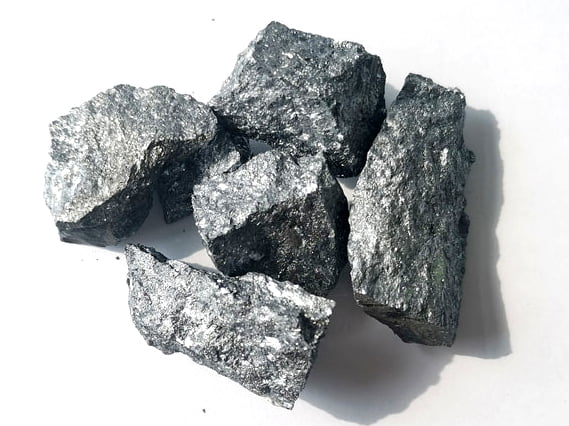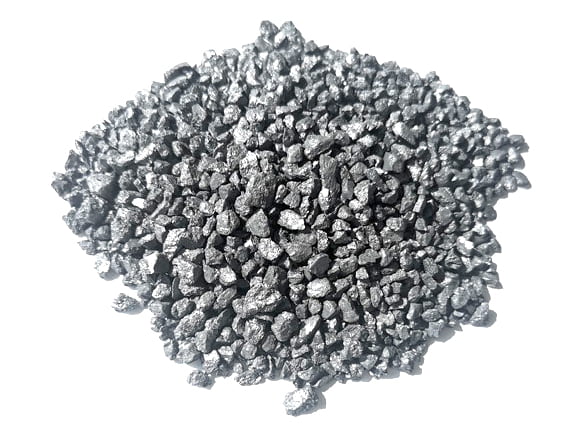NEWS
Reaching New Heights: Our Company's Journey Up Taihang Mountain

On April 30th, 2023, the employees of our company embarked on a thrilling adventure to climb Taihang Mountain in Linzhou of Anyang. This climb was more than just a physical challenge, it was an opportunity for our team to demonstrate our strength, positive personality, and unity.
The climb began early in the morning, with all employees gathered at the base of the mountain. With determination and a positive attitude, we set out to conquer the mountain. The climb was steep and challenging, but our team was up to the task. We encouraged each other along the way, pushing ourselves to reach new heights.
As we climbed, we were surrounded by the natural beauty of Taihang Mountain. The stunning views and fresh air provided a welcome break from our daily routine. We laughed and joked together, enjoying the happy time we spent on this adventure.
At last, we reached the summit of Taihang Mountain. The sense of accomplishment was palpable as we looked out at the breathtaking views. We took a group photo to commemorate this special moment, capturing the strength and positive personality of our team.
This climb was more than just a physical challenge – it was an opportunity for our team to come together and demonstrate our unity and positive attitude. We returned to work feeling energized and motivated, ready to take on any challenge that comes our way
Contact Us

JBT produces and supplies silicon metal and ferrosilicon products, mainly products are silicon metal 553, 441, 421, 411 3303,2202, 97, silicon carbide, carbon raiser for steelmaking and casting industries. We also make electrolytic manganese metal, inoculants and nodulizers.
Get in Touch
- info@jbtmetals.com
- +86-372-5032025
- +86-15937282819
- Send Inquiry
- Online Chat
- Qugou Town, Anyang City, Henan Province of China



